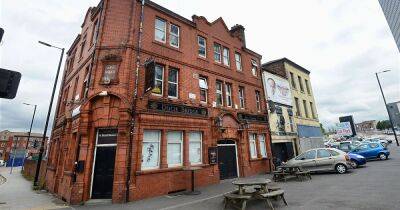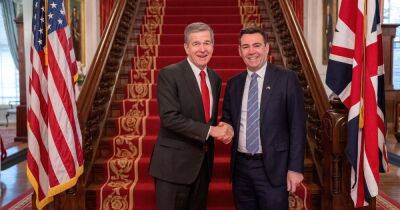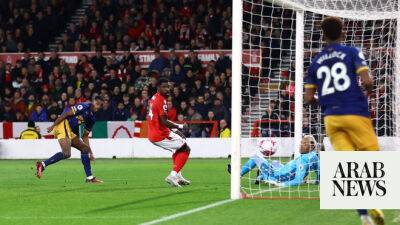‘No bigger than Songs of Praise’: the early days of live league football on TV
I t was a move that divided opinion. When news broke in the summer of 1983 that Division One matches would be shown live on BBC and ITV, there was more anxiety than expectation. The £5.2m deal gave the channels five league matches each, although the BBC only covered four due to a technicians’ strike. There was no chance of over-exposure during the first full season of live coverage, but the relationship between the national game and television would change the sport forever.
ITV had shown the only live league match before, a fixture between Blackpool and Bolton in 1960, but on Sunday 2 October 1983, the televised football revolution began in earnest. Tottenham v Nottingham Forest was the point of no return.
There was some doubt about whether live league football would work. With attendances already declining and viewing figures dropping for highlights packages, was there really a market for this new product? Writing in the Guardian, David Lacey wondered if the clubs were aware of the dangers: “An excellent match on television will persuade the fans that this is a better way to see soccer; a poor game will convince them that it is not worth paying money to watch it anyway.”
Others saw it as an opportunity. “Give TV soccer a chance,” wrote Jimmy Greaves in the Mirror. “Let’s use it to promote the best things about our great game. We will be reaching an audience of millions, many of whom just might be attracted back to the grounds if they see we can still produce football that is worth watching.”
The big issue with Greavsie’s optimism was the state of English football. In 1985, the Sunday Times described it as “a slum sport played in slum stadiums and increasingly watched by slum people,” which was a less than polite way






